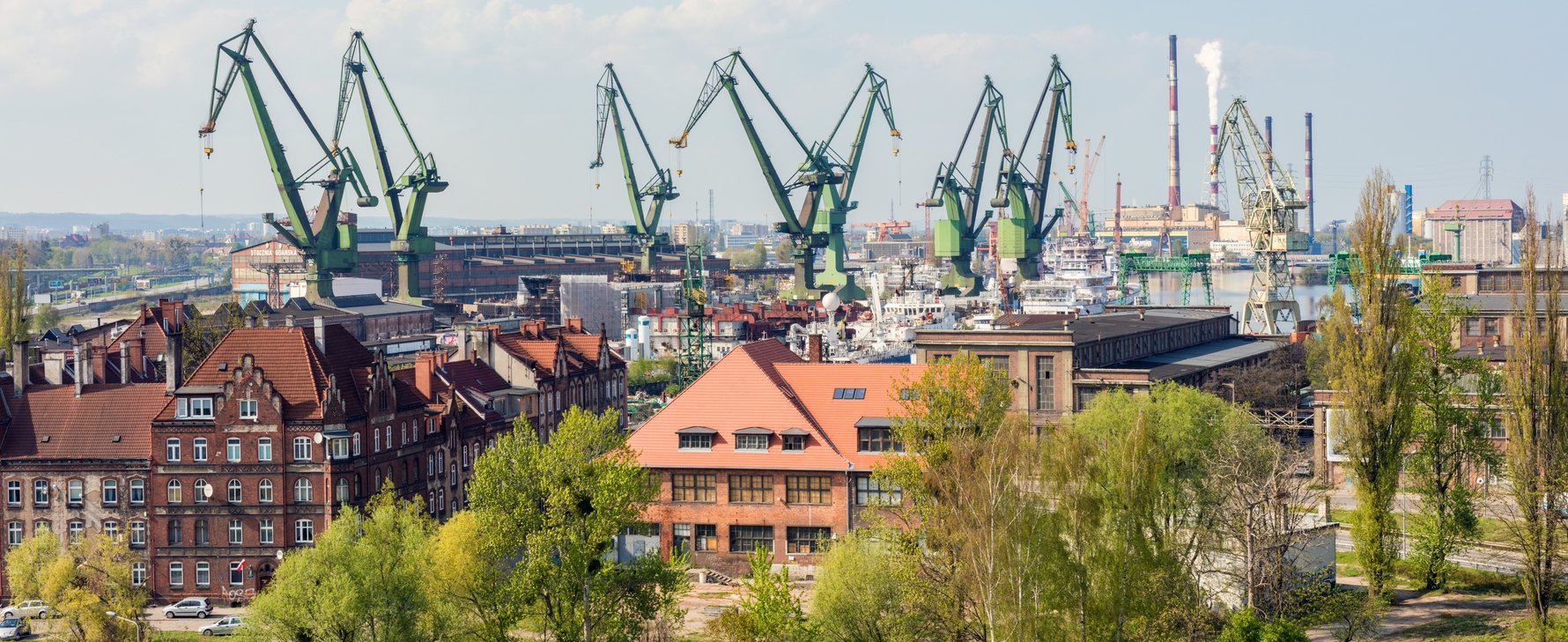
The story of Solidarity is a more complicated one than most foreign visitors will be aware of. Although the movement and the trade union were officially christened in 1980, their roots can be traced back some ten years earlier. Protesting against plunging living standards, workers at the Lenin Shipyards in Gdansk and other yards in Gdynia, Elbląg and Szczecin took to the streets, with the army promptly called in to intervene. Bloody clashes led to the deaths of 44 people, and ultimately forced communist leader Władysław Gomułka out of power. Replaced by Edward Gierek, his half-mad economic policies served to create an illusion of prosperity, as well as generating a flush of jobs in Gdańsk’s Nowy Port area. But the memory of 1970 did not fade and Gdańsk remained a ticking timebomb for the authorities. With the Seventies drawing to a close, tensions started to rise again, with living standards falling and the economy in huge debt built on massive foreign loans. On August 7, 1980 the dismissal of female crane operator, Anna Walentynowicz at Gdańsk’s Lenin Shipyards provided the spark for workers who were already prepared to go on strike due to disillusionment with price increases and the falling value of their salaries.
Fired from the shipyard in 1976 for anti-government activities, labour activist Lech Wałęsa saw that momentum for a strike was growing quickly, and decided to famously scale the wall of the Lenin Shipyard to take control. A strike was called and the workers' demands were met on August 16. With many strikers subsequently leaving the yard, Walentynowicz and another woman, Alina Pienkowska, are credited with convincing many - including Wałęsa - to stay on and turn the strike into more than just a demand for better working conditions. The leaders then steered their colleagues away from mere wage demands towards the idea of creating a trade union movement to represent the workers and fight injustice.
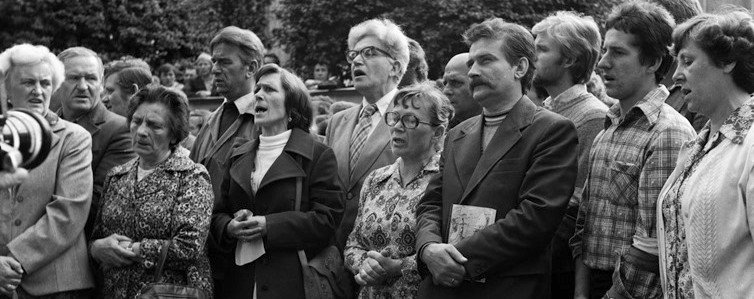
The workers had learned from the mistakes of 1970 and did not confront the authorities, but instead locked themselves inside the shipyards. Three days later leaders representing workers from over 150 industrial plants, as well as members from across the social spectrum in the country, met in the shipyards to hammer out 21 demands, including the legalisation of independent trade unions. Days of tension followed, with tanks and armed units stationed menacingly outside the gates of the shipyards. On August 31 the government backed down, agreeing to meet the 21 demands - which became known as the August Accords - thereby marking the first peaceful victory over communism. The agreement was famously signed in the shipyards by Lech Wałęsa using a large souvenir Pope John Paul II pen.
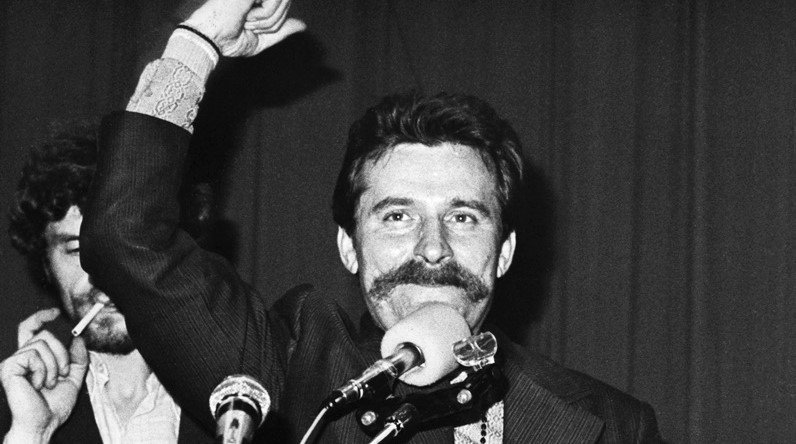
A month later, on September 22, delegates from 36 regional unions met in Gdańsk forming a coalition under the name of Solidarity. Lech Wałęsa, the unlikely hero of August, was elected as chairman. The next few months marked a golden period for the nation; some ten million people joined the Solidarity movement, and Poland enjoyed a freedom unknown for decades.
Riding the crest of a wave Solidarity continued to lobby for further reforms and free elections, infuriating the Kremlin. With Soviet invasion a looming threat the Polish Minister of National Defence, General Wojciech Jaruzelski, declared a state of Martial Law on December 13, 1981, and tanks once again rolled through the streets. Though Solidarity was officially dissolved, and its leaders imprisoned, it continued to operate underground. When in 1984, Father Jerzy Popiełuszko, Solidarity’s chaplain, was abducted and murdered by the secret police over a million people attended his funeral.
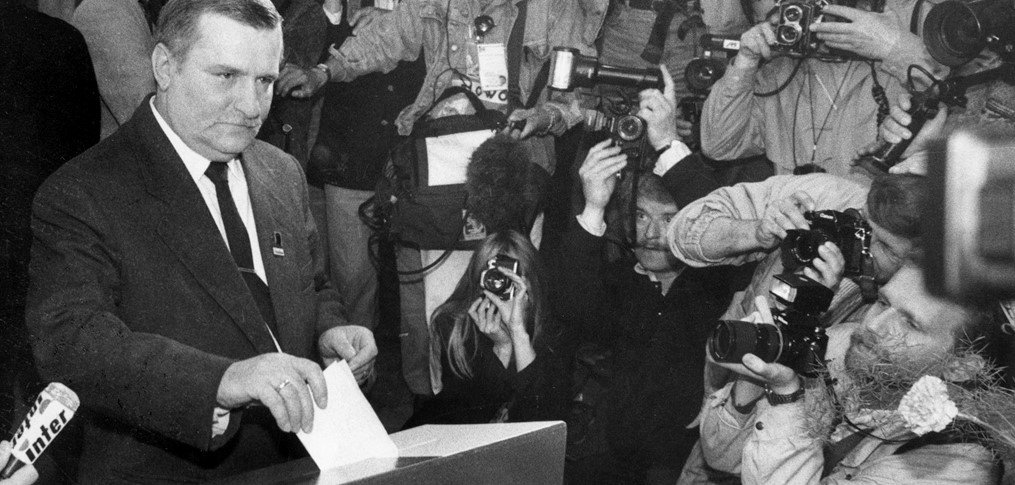
Renewed labour strikes and a faltering economy forced Jaruzelski into initiating talks with opposition figures in 1988, and the following year Solidarity was once again granted legal status. Participating in Poland’s first post-communist election the party swept to victory, with Wałęsa leading from the front. Lech Wałęsa became the first freely elected president of Poland in December 1990 and served until 1995 when he lost the following election to Aleksander Kwasniewski, a former communist.
In spite of overseeing Poland’s transition to a market economy, the members of Solidarity started to splinter into new political groupings and the party gradually found its power being eroded by the emergence of fresher political parties. The 2000 elections for the Sejm (Lower Parliament) sounded the death knell for the party. Failing to even make the minimum vote to qualify for representation in Parliament, the party which changed history found itself out of active politics.
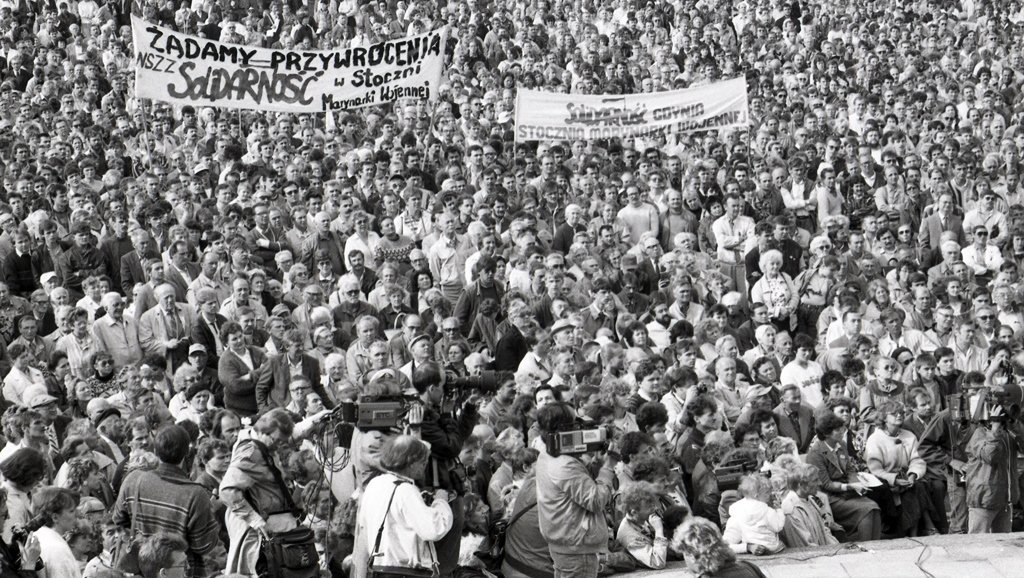
Though its political marginalisation was a result of the democratic process it had helped to reinstate, Solidarity is still recognised as pushing the first domino in a chain of events that helped other countries in the USSR countries gain independence, which would ultimately lead to the dissolution of the Soviet Union in late 1991. While a number of individuals had lost their lives for the cause, the movement promoted nonviolence amongst its members and, despite the challenges presented by the Communist Regime, Polish independence was acheived peacefully. Celebrating the 30th anniversary of the August Accords in 2010, US President Barack Obama stated that "Through the Solidarity movement, the people of Poland reminded us of the power each of us has to write our own destiny. In the face of tyranny and oppression, they chose freedom and democracy and, in doing so, changed their country and the course of history".
Solidarity has never stopped being active, with offices in 37 'regions' of Poland and, more recently, becoming the voice of protest once again as it campaigns against government policies, such as job cuts and the raising of the pension age. Though it's numbers have dropped from 10 million in its first year to about 400,000 in 2011, it still remains to be Poland’s largest trade union. On June 4th 2019, Poland celebrated its 30th anniversary of independence and democracy. In the marketing campaign, the distinct red type-set of Solidarność was used, symbolic of how much of an effect the movement has had on Poland and the world.


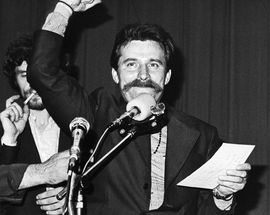
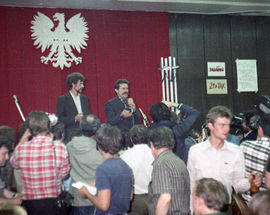
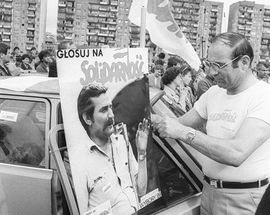
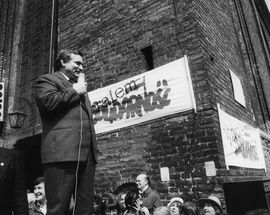
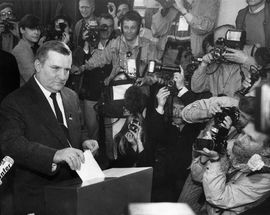
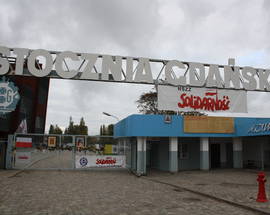
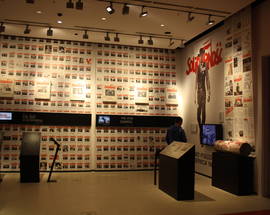
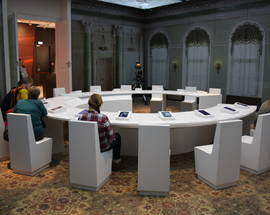
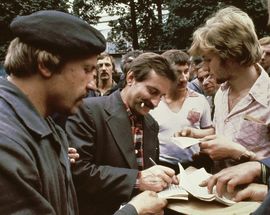
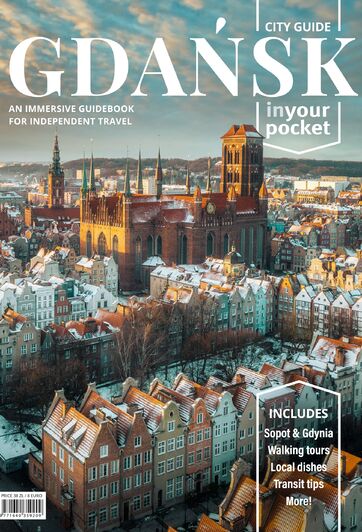
Comments